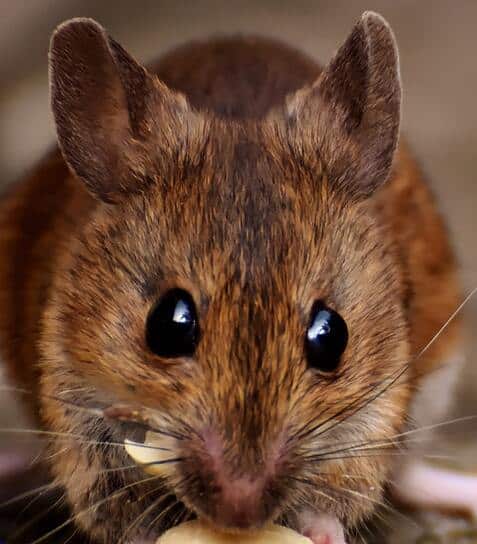
The mouse
The house mouse is said to be one of the most common mammals in Quebec. This rodent is very present in houses, especially during the winter. Indeed, this small mammal seeks a warm and cozy place to spend the winter, feed and reproduce.
It is therefore not uncommon to find mice or rats at home. To get rid of them in a lasting way, there is an effective solution: call on a specialized rat exterminator in pest management to treat pests and rodent infestations.
But to better fight mice, it is essential to understand their habits and habits. What happens in the brain of a mouse? What is his behavior? Is she as smart as they say? If you think you know everything about this domestic pest, think again! Here are eight fascinating facts you [may] not know about mice.
You won’t look at them the same way after reading this article…
What should you know about mice?
1. Mouse infestation: don't worry, you are not alone!
2. The mouse is a voracious rodent
3. Agile as gymnasts
- Warning about rodent diseases
Rodents carry bacteria and germs and contaminate food through their excrement, urine and saliva. It is therefore advisable to quickly contact an exterminator as soon as you notice a pest infestation in your home.
4. The mouse is a real little Houdini!
These small rodents can squeeze through openings as small as a quarter for adults, dime for small ones. This means that a small crack or micro-opening on the exterior of your house appears as an invitation to enter the house. See this study filmed on the site of a mouse exterminator colleague, it illustrates the agility of this muridae.
You can prevent rodents in general from accessing the heat of your home by sealing the smallest openings to the outside with the appropriate materials. Fill gaps and holes inside your home with steel wool or cement.
5. Mice have a relatively short lifespan
6. Mice carry bacteria and germs
Of course, you know that murids can transmit diseases like hantavirus and salmonella, even plague in the most serious cases. Mice can carry up to 200 human pathogens!
7. Feces, urine, saliva: mice are not clean
We already suspect that a mouse or a rat is not healthy in terms of hygiene. But did you know that a house mouse produces between 40 and 100 droppings per day? They constantly emit micro-droplets of urine as they move through their territory each day. In contrast, house mice [like all rodents] do not vomit.
8. Mice breed very quickly
If you see a mouse in your house, know that the mouse invasion is not far away.
Mice have crept into your home?
Need an exterminator?
To remember
Do mice carry disease?
All rodents are carriers of bacteria, they contaminate food through their excrement, urine and saliva. To prevent mice from contaminating your food, store food in airtight, rigid containers. If you face an infestation, it is advisable to contact a company expert in mouse extermination.

